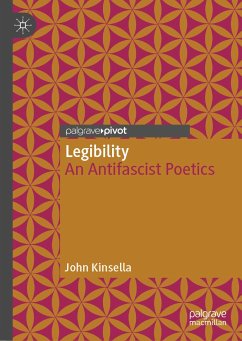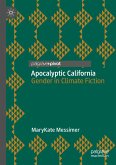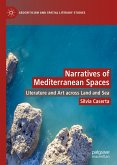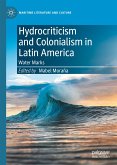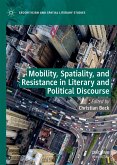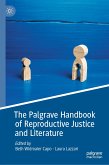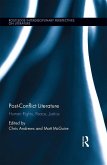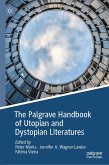This Pivot book provides a wide-ranging and diverse commentary on issues of legibility (and illegibility) around poetry, antifascist pacifist activism, environmentalism and the language of protest. A timely meditation from poet John Kinsella, the book focuses on participation in protest, demonstration and intervention on behalf of human rights activism, and writing and acting peacefully but persistently against tyranny. The book also examines how we make records and what we do with them, how we might use poetry to act or enact and/or to discuss such necessities and events. A book about community, human and animal rights and the way poetry can be used as a peaceful and decisive means of intervention in moment of public social and environmental crisis. Ultimately, it is a poetics against fascism with a focus on the well-being of the biosphere and all it contains.
Dieser Download kann aus rechtlichen Gründen nur mit Rechnungsadresse in A, B, BG, CY, CZ, D, DK, EW, E, FIN, F, GR, HR, H, IRL, I, LT, L, LR, M, NL, PL, P, R, S, SLO, SK ausgeliefert werden.

